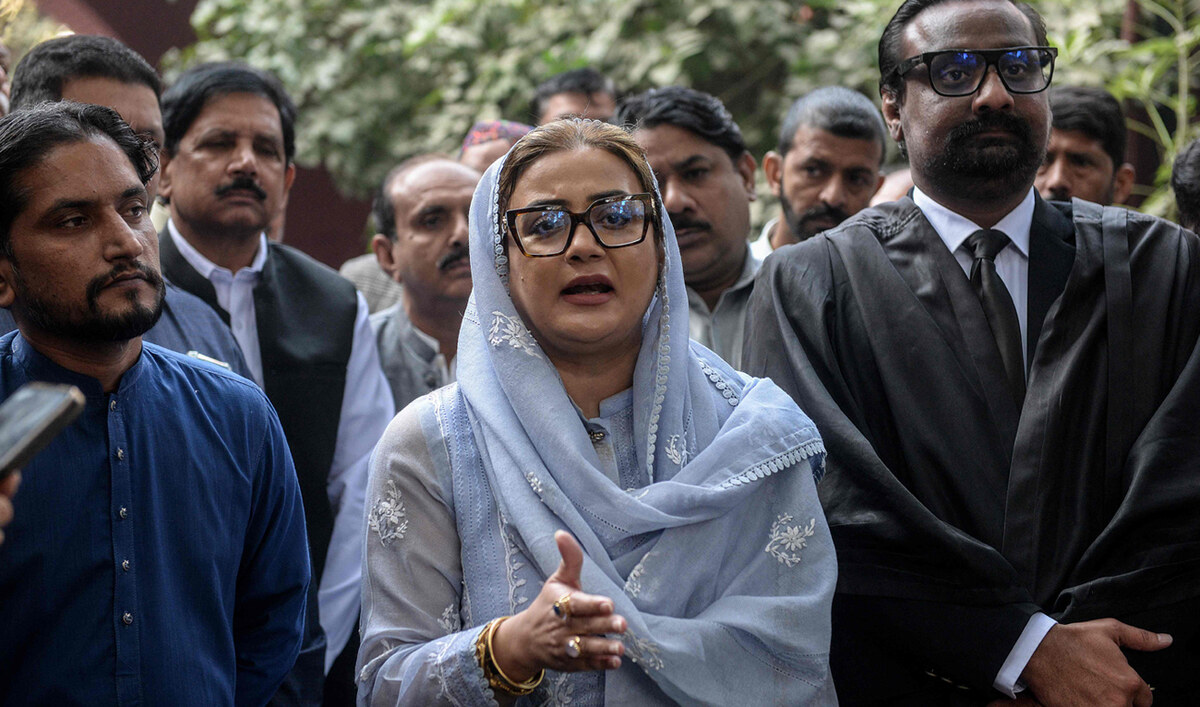ISLAMABAD – Pakistani Prime Minister Imran Khan on Tuesday welcomed the release of American and Australian university professors held hostage by the Afghan Taliban for more than three years, completing a delayed prisoner swap and raising hopes for a revival of peace talks.
American Kevin King and Australian Timothy Weeks were kidnapped in August 2016 from outside the American University of Afghanistan in Kabul. They were freed in return for the release of three Taliban commanders under a swap that had been long delayed.
On Tuesday, Afghan Taliban spokesman Zabihullah Mujahid confirmed a prisoner swap deal with the United States and said the insurgent group had freed two foreign professors, hours after the US released three Taliban detainees.
“Pak welcomes the release of Profs Kevin King & Timothy Weeks in Afghanistan. We appreciate steps taken by all involved to make it possible,” Khan said in a series of tweets. “Pak has fully supported & facilitated this release as part of its policy of supporting initiatives for a negotiated political settlement of the Afghan conflict.”
“We hope this step gives a boost of confidence to all parties involved to re-engage in the peace process,” the PM added. “Pakistan remains committed to facilitating this peace process.”
Taliban officials confirmed to Arab News that Anas Haqqani, the brother of Taliban deputy chief Siraj ud Din Haqqani, and two other leaders, were flown out to Qatar after being freed from Bagram prison late on Monday.
“We welcome the positive step taken in regards to the release of three Mujahideen of Islamic Emirate, namely the respected Anas Haqqani, respected Hajji Mali Khan, and respected Hafiz Abdul Rasheed,” Mujahid said in a statement. “Similarly, the release process of two professors (US citizen Kevin King and Australian citizen Timothy Weeks) along with ten Afghan soldiers has also been successfully executed.”
He called the actions a step forward in good-will and confidence building measures that could aid peace talks between the Taliban and the US to end the long Afghan war.
On November 12, President Ashraf Ghani said Afghanistan would free Anas Haqqani, a senior figure in Haqqani network, a militant faction of the Taliban responsible for some of the worst violence in recent years, and two other Taliban commanders.
But the swap was abruptly postponed, with the Taliban then shifting their hostages to a new location.
The Haqqani network has in recent years carried out large-scale attacks in Afghanistan.
King and Weeks were last seen in a 2017 hostage video looking dishevelled and pleading with their governments to secure their release.
The United States and the Taliban have for most of the past year been discussing a plan for the withdrawal of US troops in exchange for Taliban security guarantees. But US President Donald Trump halted the talks on Sep. 09 this year following the death of a US soldier and 11 other people in a Taliban bomb attack in Kabul.
Before the talks were broken off, the United States and the Taliban both said they were close to a deal.

















